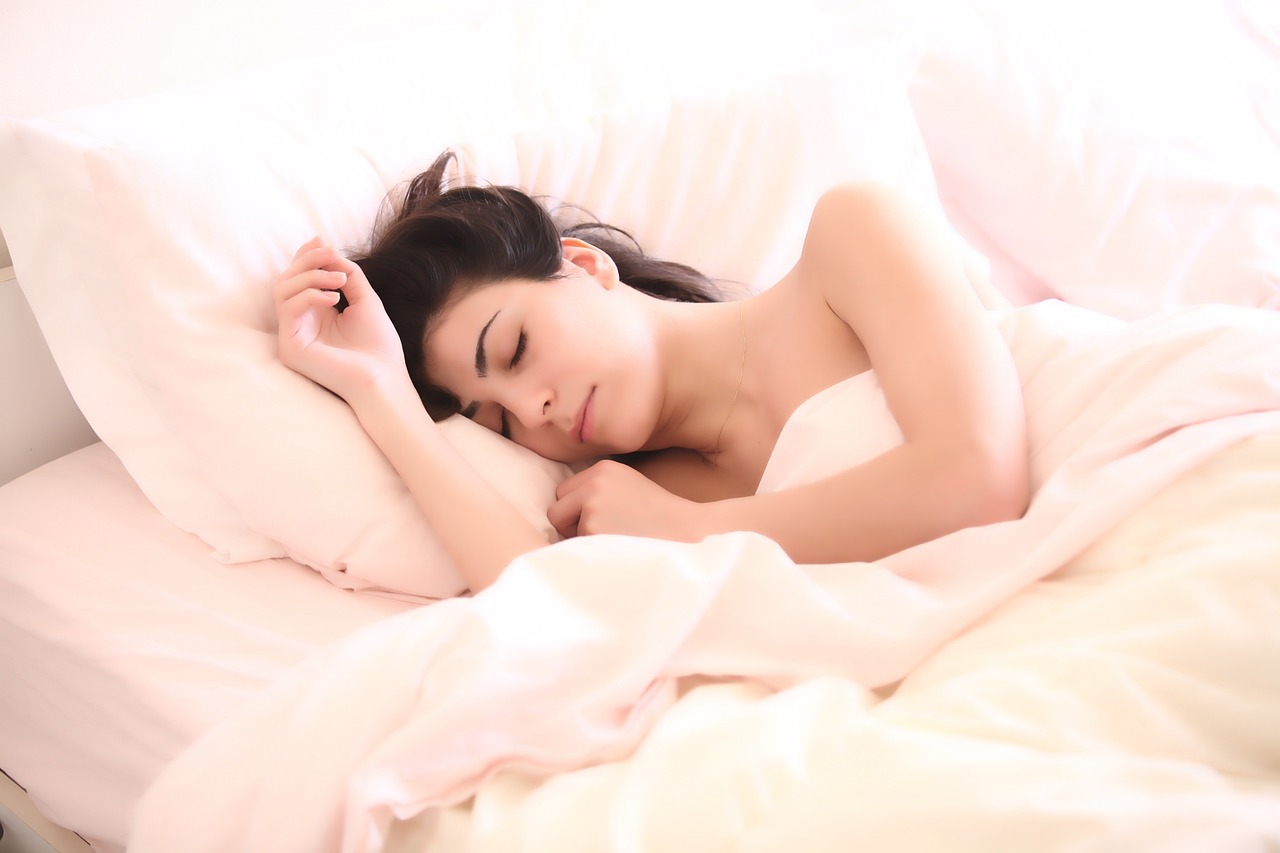Essential oils have been used for centuries for their therapeutic properties, such as reducing stress, improving respiratory health, and promoting relaxation. One common use of essential oils is for sleep. People turn to essential oils to help them fall asleep faster and stay asleep longer, but do essential oils actually work for sleep? In this blog post, we will explore the science behind essential oils and sleep and discuss whether or not essential oils can be an effective solution for sleep problems.
Read about humidifiers for sleep for babies
The science behind essential oils and sleep
The use of essential oils for sleep is based on the theory that certain scents can have a calming effect on the mind and body. Essential oils are highly concentrated plant extracts that contain volatile compounds that can be inhaled or applied topically to the skin. When inhaled, these volatile compounds can interact with the olfactory system, which is responsible for our sense of smell, and affect the brain.
Studies have shown that certain essential oils, such as lavender, can have a calming effect on the mind and body, which can help to promote sleep. Lavender essential oil has been shown to increase the amount of slow-wave sleep, which is the stage of sleep when the body repairs and rejuvenates itself. Additionally, lavender essential oil has been shown to reduce symptoms of anxiety and depression, which can interfere with sleep.
Other essential oils, such as chamomile and valerian root, have also been shown to have a calming effect on the mind and body and can be used to promote sleep. However, it’s important to note that the evidence supporting the use of essential oils for sleep is not strong and more research is needed to fully understand the effects of essential oils on sleep.
Factors that influence the effectiveness of essential oils for sleep
The effectiveness of essential oils for sleep can be influenced by several factors, including the type of essential oil used, the method of use, and individual factors. Here are some important factors to keep in mind when using essential oils for sleep:
- Type of essential oil used: Different essential oils have different properties, and some oils may be more effective for sleep than others. It’s important to choose an essential oil that is known for its calming properties, such as lavender or chamomile.
- Method of use: Essential oils can be inhaled, applied topically to the skin, or added to a diffuser. The method of use can influence the effectiveness of the oil for sleep. For example, inhaling the scent of an essential oil can have a more immediate effect on the brain than applying the oil topically to the skin.
- Individual factors: Factors such as stress levels, diet, and overall health can influence the effectiveness of essential oils for sleep. It’s important to consider these factors when using essential oils for sleep and to make lifestyle changes, such as reducing stress and eating a healthy diet, to improve sleep.
Safety precautions when using essential oils for sleep
When using essential oils for sleep, it’s important to follow safety precautions to prevent any adverse effects. Here are some important safety tips to keep in mind:
- Avoid using essential oils near children and pets. Children and pets can be more sensitive to essential oils, so it’s important to keep the oils out of reach.
- Avoid using essential oils near people with respiratory issues. People with respiratory issues, such as asthma or bronchitis, may be more sensitive to essential oils, so it’s important to use caution when using essential oils near these individuals.
- Avoid using essential oils near people with allergies. Some people may be allergic to certain essential oils, so it’s important to use caution when using essential oils near these individuals.
- Use caution when using essential oils around pregnant women. Some essential oils can be toxic to pregnant women, so it’s important to consult with a healthcare professional before using essential oils for sleep when pregnant.
- Follow the recommended usage instructions. Essential oils are highly concentrated and should be used in moderation. It’s important to follow the recommended usage instructions to prevent any adverse reactions.
- Choose high-quality, pure essential oils. Some essential oils can contain chemicals or other contaminants, so it’s important to purchase oils from a reputable source.
- Perform a skin patch test. Before using an essential oil topically, it’s important to perform a skin patch test to ensure that you are not allergic to the oil.
Moving On
In conclusion, essential oils have been used for centuries for their therapeutic properties and have been touted as a solution for sleep problems. While some studies have shown that certain essential oils can have a calming effect on the mind and body, the evidence supporting the use of essential oils for sleep is not strong and more research is needed to fully understand the effects of essential oils on sleep. When using essential oils for sleep, it’s important to follow safety precautions and to consult with a healthcare professional if you have any concerns or questions. Additionally, it’s important to consider individual factors and to make lifestyle changes, such as reducing stress and eating a healthy diet, to improve sleep.
If you are interested in learning more about the benefits of essential oils for sleep and want to stay up-to-date with the latest research and information, we encourage you to subscribe to our newsletter. Our team of experts is dedicated to providing the latest information on essential oils and their effects on sleep and will provide you with the information you need to make informed decisions about your health. Don’t miss out on the many benefits that essential oils have to offer! Subscribe now to receive updates and exclusive content.
